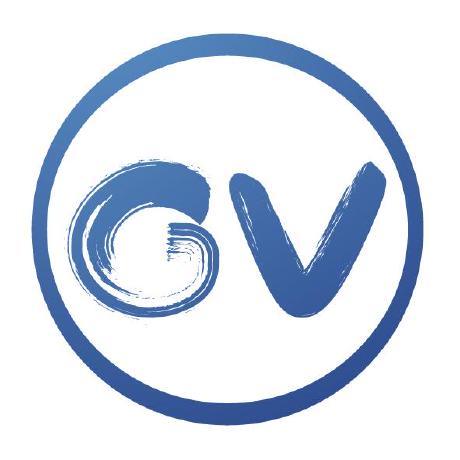Discover and explore top open-source AI tools and projects—updated daily.
Point-BERT by  Julie-tang00
Julie-tang00
PyTorch code for pre-training 3D point cloud transformers
Top 50.3% on SourcePulse
Point-BERT offers a novel pre-training approach for 3D point cloud Transformers, inspired by BERT's masked language modeling. It enables robust feature learning for downstream tasks like classification, few-shot learning, and part segmentation on point cloud data.
How It Works
Point-BERT employs a Masked Point Modeling (MPM) strategy. Input point clouds are divided into local patches, and a discrete Variational AutoEncoder (dVAE) tokenizes these patches into discrete tokens. During pre-training, random patches are masked, and the Transformer backbone learns to reconstruct the original tokens for these masked regions. This approach effectively captures local geometric information and semantic context within point clouds.
Quick Start & Requirements
- Install:
pip install -r requirements.txtand build custom PyTorch extensions for Chamfer Distance, PointNet++, and kNN usinginstall.sh. - Prerequisites: PyTorch >= 1.7.0, Python 3.7, CUDA >= 10.2, GCC >= 4.9, torchvision, timm, open3d, tensorboardX.
- Resources: Requires significant GPU resources for pre-training and fine-tuning. Pre-trained models and configuration files are available via Tsinghua Cloud/BaiduYun.
- Links: arXiv, Project Page, Models
Highlighted Details
- Achieves state-of-the-art performance on ModelNet40 (up to 93.76% accuracy with voting) and ScanObjectNN (up to 88.12% accuracy).
- Provides pre-trained dVAE and Point-BERT models for various datasets.
- Supports fine-tuning for classification, few-shot learning, transfer learning, and part segmentation.
- Includes visualization of masked point cloud reconstruction.
Maintenance & Community
The project is associated with CVPR 2022 and has contributions from multiple researchers at Tsinghua University. Community interaction channels are not explicitly mentioned in the README.
Licensing & Compatibility
- License: MIT License.
- Compatibility: Permissive license allows for commercial use and integration with closed-source projects.
Limitations & Caveats
The setup requires compiling custom PyTorch extensions, which can be complex and may encounter compatibility issues with different CUDA or PyTorch versions. The README indicates specific versions for Python and PyTorch, suggesting potential fragility with newer releases.
11 months ago
Inactive

 scene-verse
scene-verse OpenGVLab
OpenGVLab youquanl
youquanl Pointcept
Pointcept zhaorw02
zhaorw02 audi
audi InternRobotics
InternRobotics buaacyw
buaacyw Pang-Yatian
Pang-Yatian zhulf0804
zhulf0804 BR-IDL
BR-IDL